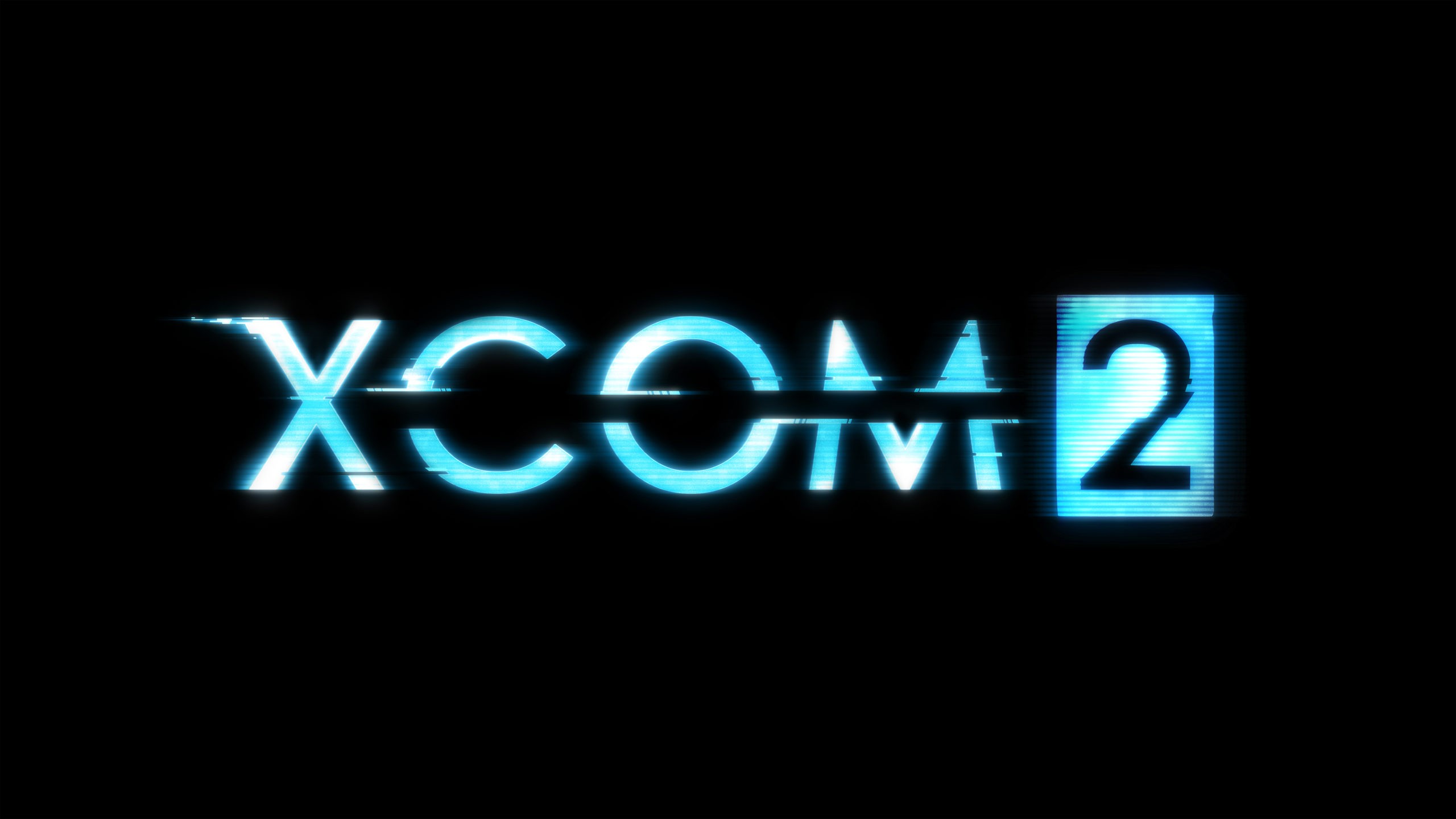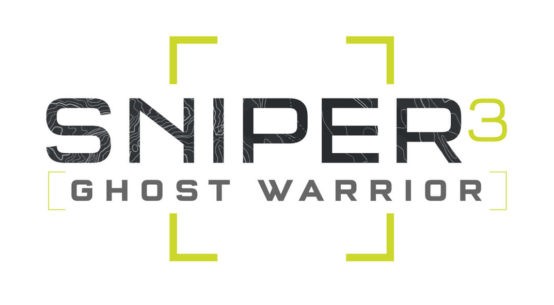
It was a lovely surprise this year that there was a nice range of talks focusing on audio for games, and a range of experiences from younger people in the early stages of their career to veterans who have been in the industry a long time. We’ve picked out the best bits for you so you can benefit from some of the advice given!
VOICE ACTING IN VIDEO GAMES: A GUIDE FOR PERFORMERS AND GAME DEVS – JD Kelly
The first talk we attended was by voice actor JD Kelly, and was mostly aimed at people looking to get into voice acting with lots of advice and tips but with a few hints for game developers or those who works with voice actors too. Getting started in voice acting was the main theme of the talk so here are the main bits of advice picked out just for you:
- Practice ALOT. Start today. Whether it’s going home tonight and reading the back of a shampoo bottle, to reading leaflets. You can also use out of copyright books, anything is good!
- Have a goal in mind
- Join improv groups or amateur dramatics, then go on to practice with a coach.
- Every time you audition for a role is still valuable practice, whether you get the gig or not
- Looking after your voice is important. Hydrate every day, not just when you are performing. Consider not drinking alcohol, caffeine or smoking (your voice is your career, if you’re serious about it!)
- Good mental health is also important and advocating for yourself as a freelancer. Dealing with rejection is part of the job, you’re either right for the role or not, and it’s not personal.
JD also put some time into advising voice actors the equipment they need to get started:
- Your microphone is just as important as the space you’re in (spending thousands on a mic is pointless if you’re recording in a bad room)
- Have your setup ready to go, it helps remove the barrier of having to set something up before starting which can be demotivating
The best places to get work for JD had been twitter, reddit and recommendation from friends (so networking is definitely important!). Voice Hub is also a really helpful platform for Voice Actors that is worth looking into.
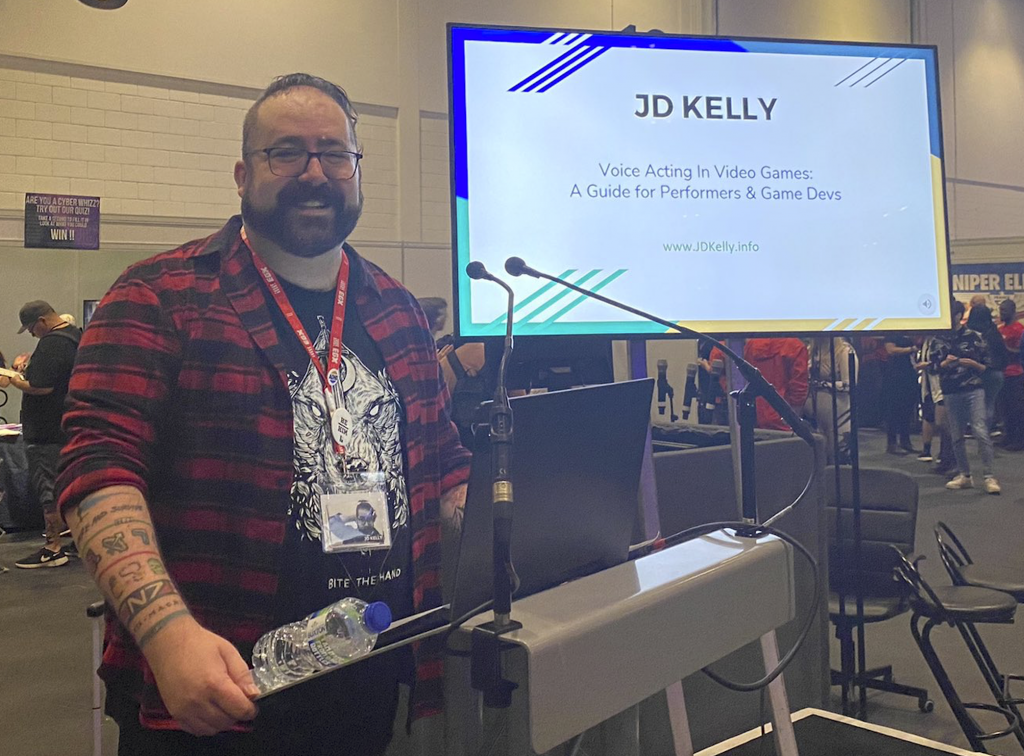
UNDERSTANDING & GETTING INTO GAME AUDIO – Jake Gaule, Cai Jones & Kasia Dziekan
On Saturday over on the GI Academy stage we had Jake Gaule (freelance composer and sound designer), Cai Jones (freelance sound designer) and Kasia Dziekan (Junior Sound Designer at Formosa Interactive UK) to give us three different perspectives on how they entered a career in game audio. They all entered the industry fairly recently and wanted to give their entry routes as helpful examples, since advice can quickly become outdated on how to get into the industry (for example older generations often starting out in QA). When talking about landing their first gigs, Kasia mentioned the importance of social media, with having a good presence and also a good demo reel. Cai echoed this but added about being active in communities consistently. Jake said with communities it’s really just about making genuine friends with other sound people and having a real interest and passion in the game you’re working on. Jake wanted to really normalise freelancers having a stable day job (whether it’s part time or full time), as everyone has rent to pay. Cai also said there is no point burning out taking jobs you don’t want so if you have a part time job to fall back on it can be better overall and give you opportunities to say no if you don’t feel good about the gig or don’t think it’s right for you. The trio then moved onto talking about common pitfalls in the industry. Kasia opened by saying it was new getting used to working within limitations such as budget constraints and time deadlines, but also said she felt having a creative outlet outside of work was really helpful. As a freelancer Cai pushed for people to consider having a strict schedule, as the pitfall of working really early to really late is unhealthy and that creating separation from personal life and work life matters. He also said that having a balance of tech skills and soft skills was key. Jake added that in his experience taking unnecessary risks could be avoided by learning not to say yes to everything. Moving onto finding the right client/fit, Kasia mentioned it can be hard to get a sense for what a job is like as there is lots of different angles a company can have, but to trust your intuition as you usually get a sense from speaking to someone if you would like to work with them or not. The good news is a lot of companies seem to be pushing to hire more juniors, and while there are still challenges a lot of people who have recently joined the industry are working hard to improve it on the whole and create resources for everyone. Cai said the game audio community has a real attitude of paying it forward and everyone helps each other. It’s a great community to be a part of, and people are generally happy to answer questions and look at your work! Here’s also some recommendations from each panelist on their top games for the audio experience:
Cai – Destiny 2, Wildfrost, Halo
Kasia – Hades and Tunic
Jake – Limbo, Gorogoa and A Monster’s Expedition
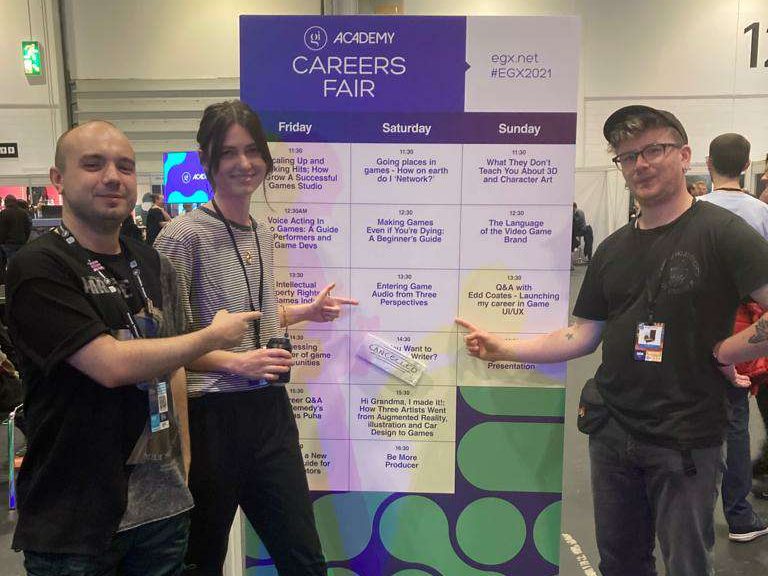
SCORING THE UNIVERSE: THE MUSIC OF MARVEL’S GUARDIANS OF THE GALAXY – Richard Jacques & Louise Blain
To round off the Saturday we had Richard Jacques in conversation with Louise Blain about his time on the Guardians of the Galaxy game, over in the EGX Theatre. Richard talked about how he started out in the industry by getting a job at SEGA straight after finishing University. The game had a total of 31 licensed music tracks as the use of licensed music is really in the DNA of the film franchise. Richard said the music he wrote was very consciously thematic as the game contains strong characters and planetary environments. Writing a theme at his computer or in his studio is not something Richard does, instead he prefers to take a walk or just come up with themes anywhere that’s away from his studio. On themes, he also limits himself to about 4 or 5 big themes as otherwise it runs the risk of overpopulating the score. We got to hear and see some examples from the game including scenes with Lady Hellbender that contained choral pieces that Richard said contained lyrics from the Kree language he’d studied and included. It was also nice to hear about his work on the music for the main ship in the game, the Milano. Simple ascending chords make up the musical backdrop for the ship, and Richard pointed out not everything has to be complicated, it’s good to find a balance. Amongst the game there were also scenes that need something called Underscore, which for those not familiar with the term, is essentially mood music, something to set the scene or represent the environment. When working on video games, Richard said there are a lot of metrics and data to work with to be able to drive the music, for example when the player health drops below 50% the music becomes more chromatic. There were some other interesting techniques used such as micro tonal scales in Knowhere, as they can sound quite weird and alien to us, so this helped communicate the setting. Recording live with an orchestra was a natural decision given the Marvel universe, but for games it was important for Richard to get his score recorded in smaller chunks with a pause in between so they could then be stitched back together in the game engine. It was really interesting to hear more about his work on this game and see it all in action on the big screen. Definitely worth a play if you haven’t had a chance!
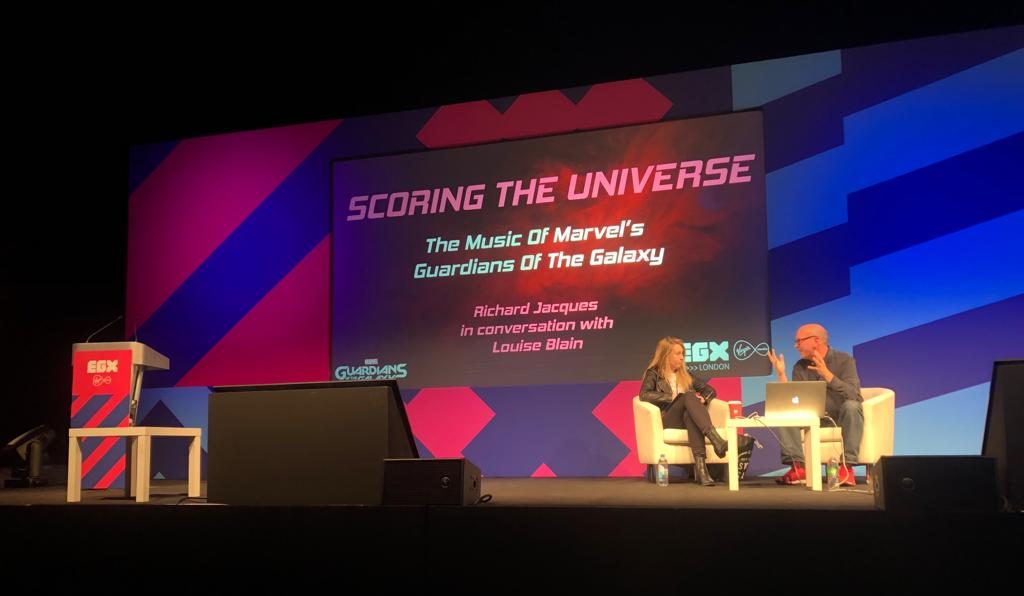
That was all the big audio talks from EGX 2022. We sadly missed JD Kelly’s second talk with Elsie Lovelock due to delays with the trains, but very sure this was also some really valuable advice for voice actors! We hope this gave you the rundown for any information and tips you might have missed or just wanted to catch up on and hopefully we will keep seeing a good level and variety of audio talks in the future from EGX, until next year!
LINKS
We run the site voluntarily and like to keep the lights on (and the hosting up to date) so any support via our Patreon is also much appreciated!
Stay up to date via our Monthly Newsletter as well: www.thesoundarchitect.co.uk/newsletter



